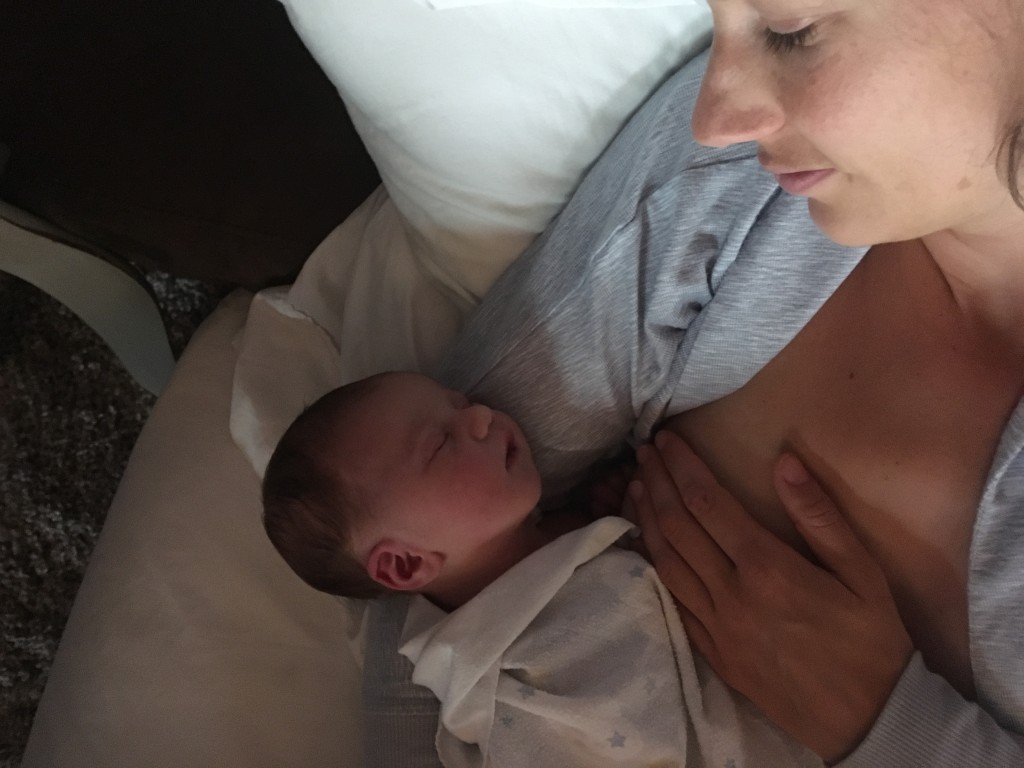
The number one cause of problems I see in the postpartum period is lack of rest for the birthing person / mother. It takes the body 10 months to grow a baby and only a few days or hours to birth one, and the huge physiology change after birth requires significant nourishing care and rest in the weeks and months to come. Weeks and months! Not days.
Most traditional cultures in the world hold deep respect for the first 30-40 days post birth and emphasize caring for the postpartum parent with utmost diligence, nutrition, and rest, and focus on being skin to skin in bed with the newborn baby breastfeeding.
We have lost much of that wisdom in our modern society, even glorifying those who “get right back” to life after baby. THIS IS NOT SAFE OR HEALTHY. When you catch yourself saying, “She’s amazing! She was at her brother’s wedding just 4 days after birth!” or “I’m so glad she’s not letting having a baby change her identity; just a week old and she’s still out visiting friends for walks and coffee like she always did”, STOP. These people may SEEM like they are superheros, but they are often not well weeks or month later, with problems popping up like mastitis, stress and anxiety, or extended postpartum bleeding issues (of course, these things can occasionally come up regardless; it’s not ALWAYS about what rest did or didn’t happen. But creating a community that prioritizes rest and care of the postpartum person can go a long way in minimizing the risk of so many things and creating the best possible chances of a smooth postpartum period).
It is extremely important to nurture and protect the postpartum parent in at minimum the first month postpartum. She may seem “fine”, and you may be tempted to think it’s about time for her to get out of the house, back to contributing to social life and chores. But if she is well, it’s often BECAUSE she is resting, not evidence she doesn’t need it anymore.
What I have witnessed is that bodies SCREAM at people for rest postpartum. Whenever I receive a call or text from a client saying they are having increased bleeding, feeling depressed or anxious, or developing mastitis symptoms, I always ask “what have you been doing the last 24 hours?”. Almost without fail, they say “Not too much… I just did a quick school drop off and prepped dinner and vacuumed the floor, then I went straight back to bed after a couple family members popped by to meet the baby.” THIS IS TOO MUCH! “Just” is a gross underestimation of the energy it takes to make conversation and do a few errands in this time of transition from pregnant body to birthing body to breastfeeding body. Adjusting their entire physiology and feeding a human 100% from their body’s resources on very little sleep is more than enough energy expulsion for one day. (Of course there are other factors that can lead to postpartum complications, but lack of rest is a cmajor contributing factor).
As friends and family members of someone in the postpartum period, your number one job is to send people back to bed, skin to skin with their babes, and make sure they are eating rich, nourishing foods and being well hydrated. Their only job is to feed the baby, and it is her communities job to make sure she is fed and everything else is cared for so she can adjust smoothly and in a healthy way.
Resources to keep in mind for the postpartum period:
- After the birth, what a family needs
- The undervalued therapeutic value of rest
- Pacific Postpartum Society
- The Essence of You Blog
- Meal Train – set this up for the new family’s in your community!
Maximizing rest in this period will give the absolute best chance of smooth and lasting health, and pay off in the long run. Doing too much too soon results in challenges that come and go for months and prolong indefinitely the parent’s inability to return to a higher level of energy and external participation beyond herself and her baby.
REST IN THE POSTPARTUM PERIOD IS NOT THE POSTPARTUM PERSON’S JOB! IT IS HER COMMUNITY’S!!!!!!! Please take care of the postpartum humans in your family and community. They will adjust so much more quickly and smoothly if they are well supported and cared for in this time.
